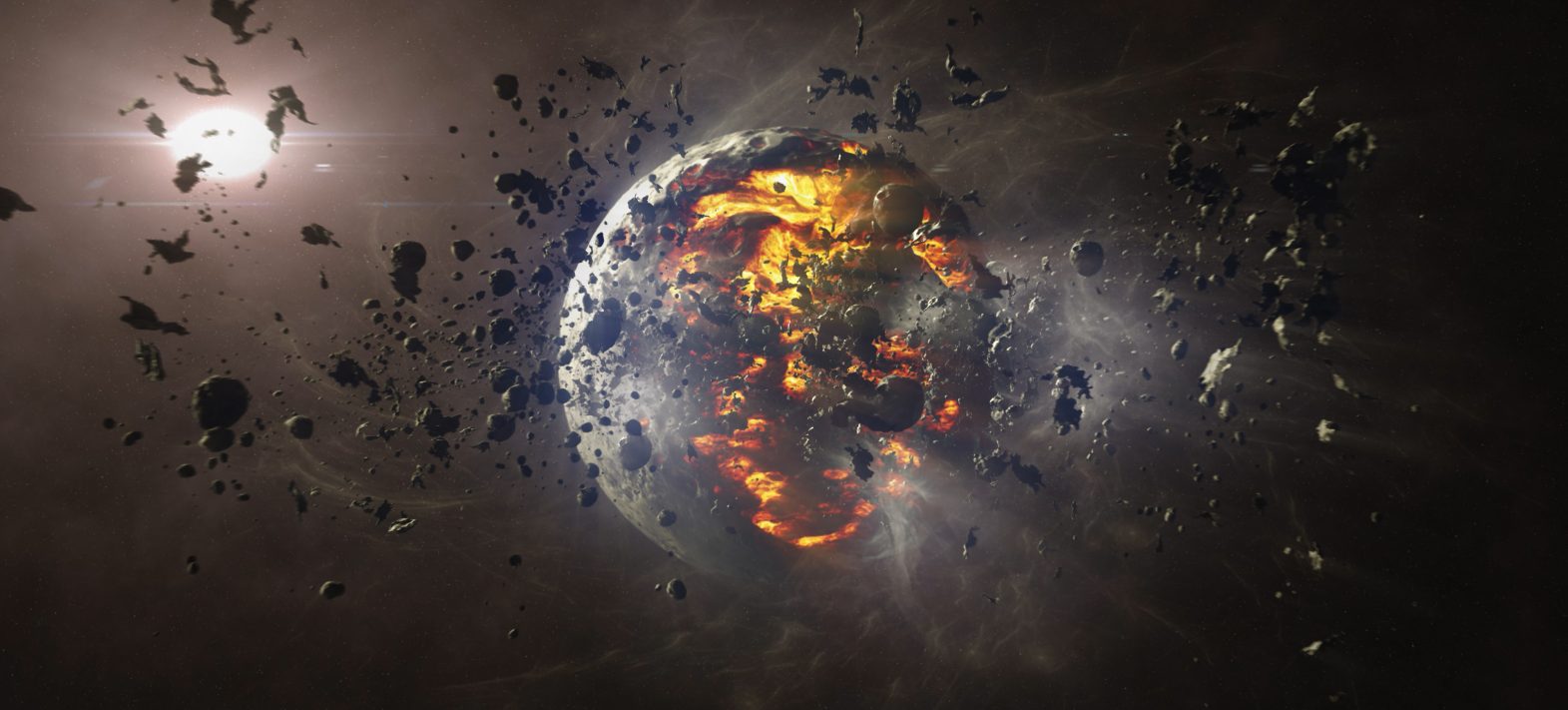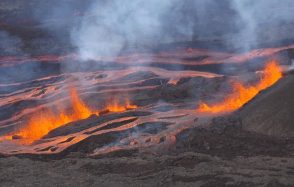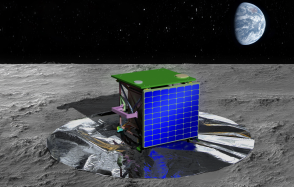Zinc isotope anomalies reveal accretion of outer solar system material during Earth formation
The question of the origin of volatile elements* present on Earth is fundamental to understanding the evolution of our planet. A study carried out at IPGP-Université Paris Cité has revealed the first zinc isotope anomalies in different types of meteorites and on Earth.

© Adobe Stock
Publication date: 28/06/2022
Press, Research
Related teams :
Cosmochemistry, Astrophysics and Experimental Geophysics (CAGE)
Related themes : Origins








